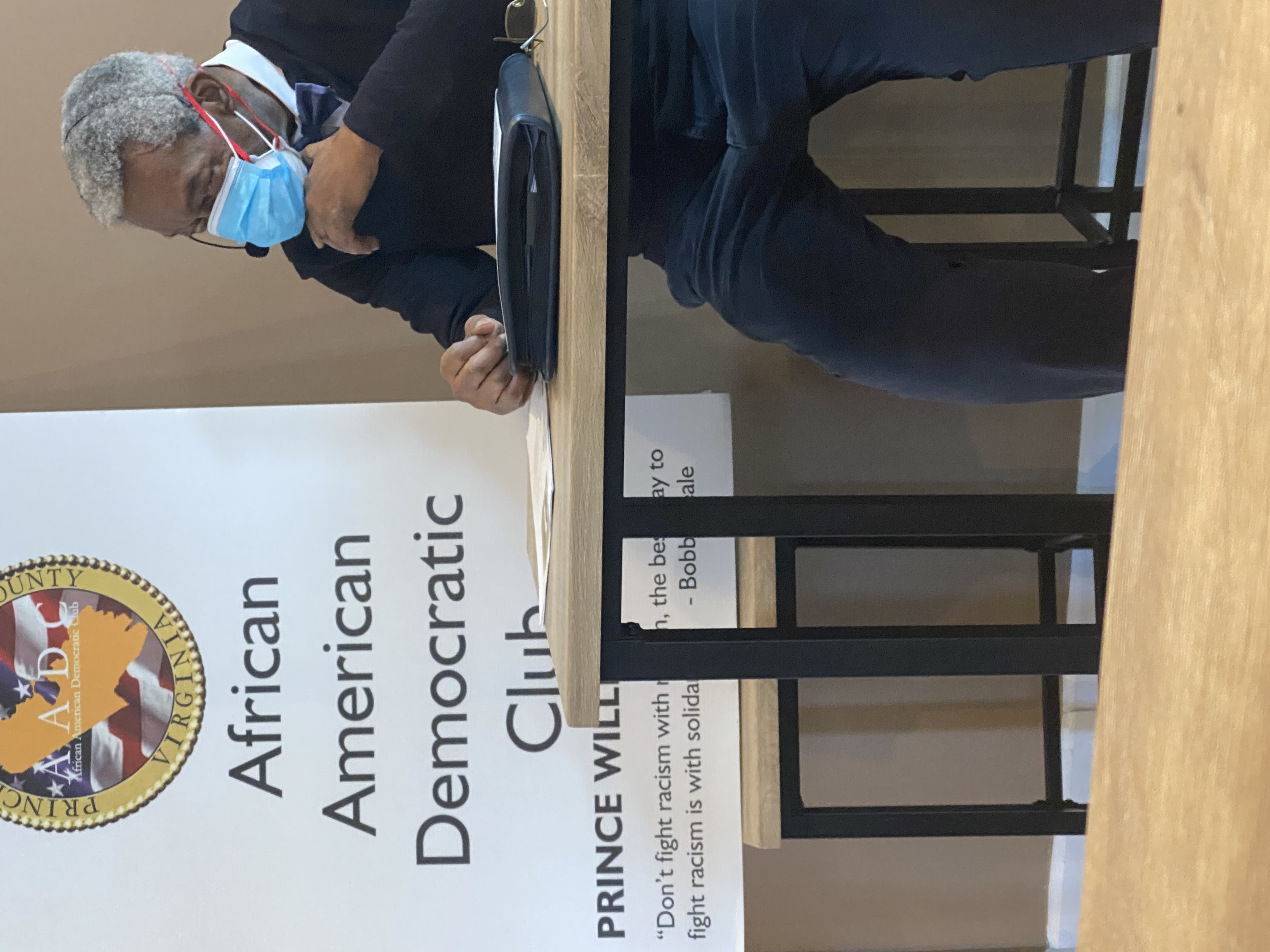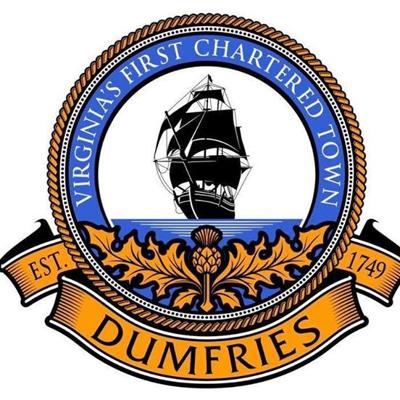Albert Brooks Shares His Stories
“Equality is the heart and essence of democracy, freedom, and justice, equality of opportunity in industry, in labor unions, schools and colleges, government, politics and before the law. There must be no dual standards of justice, no dual rights, privileges, duties or responsibilities of citizenship. No dual forms of freedom.”
These were the words from civil rights activist A. Phillip Randolph. One of the men he mentored was Albert E. Brooks, who has spent his life opening doors for Black people since his early days. Yesterday Brooks met with the PW Perspective in Dumfries to talk about what he learned from Randolph and how he utilized those lessons into changing his life, and it started by meeting another well known civil rights leader.
“Growing up in Bed-Stuy (Bedford-Stuyvesant neighborhood of Brooklyn) I started off in a rough neighborhood,” Brooks recalled. “One day several hundred of us were getting ready to do something awful, and a brother named Malcolm X pulled up with some of the Nation of Islam troops. I didn’t know he knew my father, so he kept us from hurting our brothers. When he got out of the car he said, ‘Don’t hurt your brothers, work together and love your brothers.'”
“When I got home my father said he got a phone call from a friend of his, and it was Malcolm. He said, ‘Son, pack your bags.’ I was on a train headed for Detroit, Michigan the next morning, where I lived with my uncle and aunt for two years. At that time, I got an opportunity to work at Reverend Franklin’s church, who was the father of (famed singer) Aretha Franklin, where I met several entertainers, such as the Temptations. I began singing with them, and also learned to work with people to do some good instead of what I was doing in the streets.”
“Two years later, I returned to Buffalo, and got involved in the high school NAACP because my father was working there. Eventually I became the president of the NAACP collegiate chapter, and that’s where we started to get involved in a lot of integration activities. From that perch, we took on mayors, unions, and anyone else that did not allow our people to have an equal opportunity to be at the table among city elected officials. We were known as ‘The Young Turks,’ because we had a lot of young people that were involved, and we were very vigilant about our approach. When we first started, the city council was all white. By the time we left it was predominantly Black. That was including the mayor, police chief and the majority of the supervisors.”
“My father introduced me to A. Phillip Randolph, and I was worked with Ernest Greene, one of the Little Rock Nine. They interviewed me and I was hired by Randolph to be a field rep. My responsibility was to organize Black people to go into the construction and trade unions throughout the Western New York area. When we started doing that, we met with a guy named Nelson Rockefeller. They wanted us to start an affirmative action committee within the area. I was a director for a quarter of the state’s population. Minorities represented 47% of the population, but only 2% of the union jobs. I created a plan to bring 600 jobs for Black men and then later on Black women.”
“It wasn’t easy. Not too many people were excited about having Black and Brown people in those jobs with them. Most of the white people didn’t want to be around each other. It was very segregated between the Germans, Italians and Polish when it came to the jobs. Once Governor Rockefeller approved the plans, we were able to instill them.”
“When Willie Toney and I began the African American Democratic Club here in Woodbridge, everyone in the Dumfries Town Council, School Board, and Board of County Supervisors were white. Our goal was to place more Black people in position. What Randolph always taught us was to where to put your brothers and sisters at the table. Help them, so once they get there, they can then start working to put all of their people in order to determine their own destiny.”
In all of his many accomplishments, from working with Randolph to establish opportunities for several Black people, what did he learn from those experiences?
“I told those Board of County Supervisors that I was going to help them retire early, and they did. If there’s one thing they learned, it’s when I speak, they better listen!”


